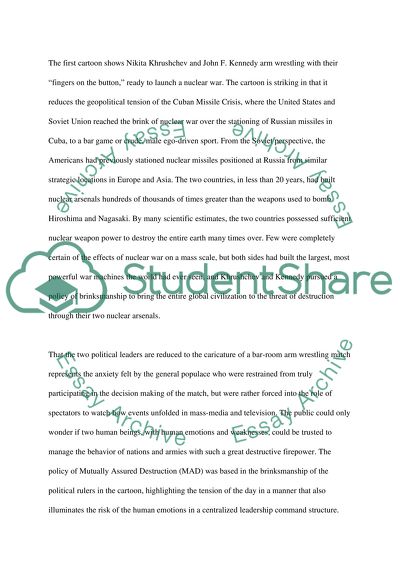Cite this document
(“British decolonization Essay Example | Topics and Well Written Essays - 2000 words”, n.d.)
Retrieved from https://studentshare.org/environmental-studies/1404952-british-decolonization
Retrieved from https://studentshare.org/environmental-studies/1404952-british-decolonization
(British Decolonization Essay Example | Topics and Well Written Essays - 2000 Words)
https://studentshare.org/environmental-studies/1404952-british-decolonization.
https://studentshare.org/environmental-studies/1404952-british-decolonization.
“British Decolonization Essay Example | Topics and Well Written Essays - 2000 Words”, n.d. https://studentshare.org/environmental-studies/1404952-british-decolonization.


